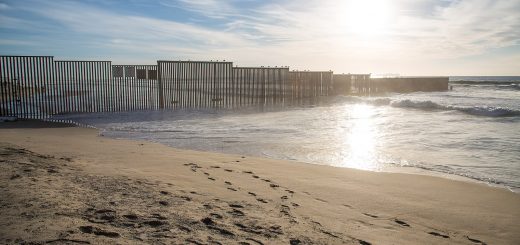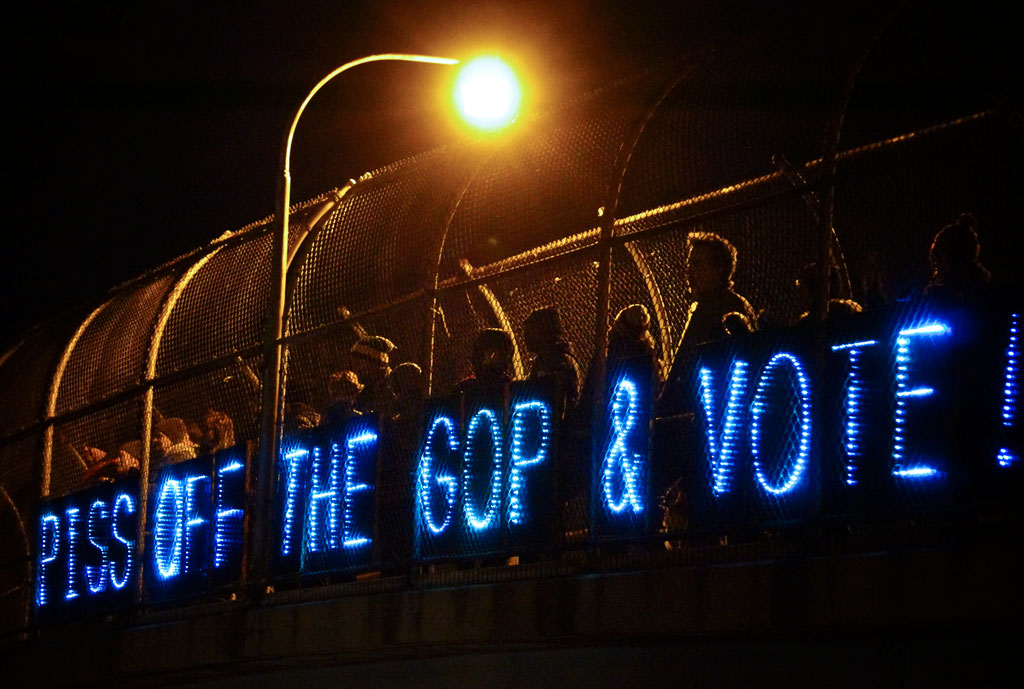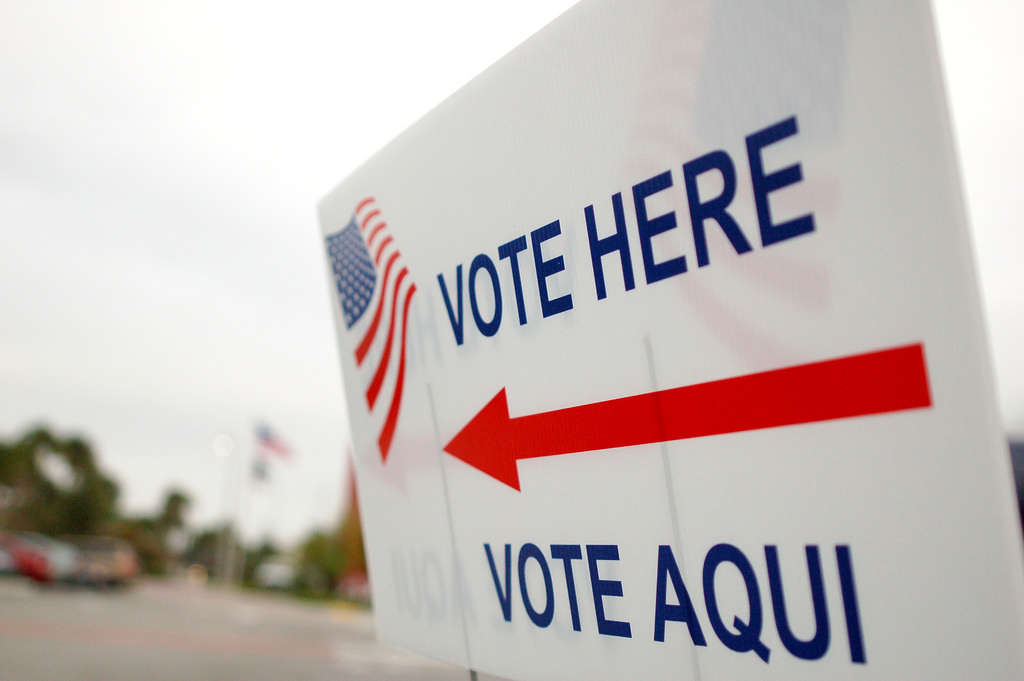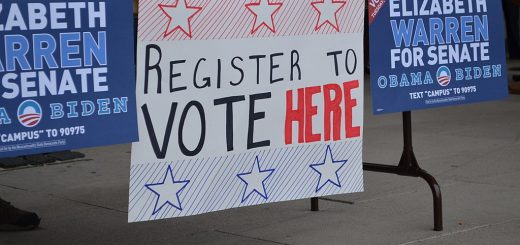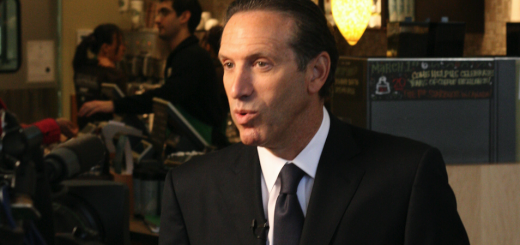Vague ballot measures and even vaguer threats in North Carolina
On election day, North Carolinians voted in favor of the “Voter ID Requirement Amendment” which simply stated, “Constitutional amendment to require voters to provide photo identification before voting in person.”
That’s it.
No additional context was provided, meaning voters weren’t told that it’s up to the General Assembly to “enact laws governing the requirements of such photographic identification, which may include exceptions,” as it says in the bill placing the amendment on the ballot.
North Carolina has a contentious history with voter ID laws. Despite there being almost no instances of voter impersonation (the form of voter fraud voter ID laws is intended to prevent), the Republican legislature has tried time and time again to cast it as a serious threat.
The most recent attempt was the 2013 “omnibus” voter ID bill, which also limited early voting and ended pre-registration for young people and same-day voter registration. That law was struck down unanimously 2016 by the 4th Circuit Court of Appeals. If there was any doubt as to the intent of the law, the evidence used in the court’s 83 page ruling more than filled the void.
“Before enacting that law, the legislature requested data on the use, by race of number of voting practices,” reads page 10 of the ruling. “Upon receipt of the race data, the General Assembly enacted legislation that restricted voting and registration in five different ways, all of which disproportionately affected African Americans.”
Another important part of the report: in defending the law, the General Assembly could not provide a single individual ever charged with committing in-person voter fraud. They did, however, have evidence of mail-in absentee fraud, but their response once again revealed their true intentions.
“Notably, the legislature also had evidence that absentee voting was used disproportionately used by African Americans; indeed, whites disproportionately used absentee voting,” reads page 62 of the ruling. “The General Assembly then exempted absentee voting from the photo ID requirement.”
In speaking to many of my colleagues, especially those from outside the United States, I’ve come to realize that many don’t understand how exactly photo ID disenfranchises poor and minority voters. Indeed, one of the arguments for the law is that, even if the crime it prevents doesn’t actually exist, it will at least improve trust in the electoral process.
There are many barriers to obtaining a photo ID. You need to pay a fee at a DMV – something difficult to do when you don’t have money to spend or a car to ride around in, not to mention hours of free time to spend waiting in line. If your name has been changed from what’s on your birth certificate, you need the original name-change certificate.
Between 318,643 and 612,955 registered voters in North Carolina lacked photo IDs, according to data given to legislators by University of North Carolina researchers. A majority of those voters were black.
If voter ID laws coincided with a campaign to make sure every single eligible voter had a valid photo ID, they wouldn’t be a problem, but that unfortunately isn’t the case. Americans should know that “securing” elections is rarely a straightforward matter and should treat every plan that claims to do that with scrutiny.
Of course, the problem hasn’t been helped by the NCGOP’s PR efforts. After the 2016 election (which saw former Governor Pat McCrory voted out of office), the party put out ads in various newspapers revealing the names of people who had allegedly voted in two states. The software they used to find these people only checked to see if they held the same names as registered voters in other states. None of the people named were charged with any form of voter fraud.
In another, more recent example, the office of Lieutenant Governor Dan Forest released a video detailing how to commit a form of large-scale voter fraud voter ID might prevent. The video claims that a large group of people could purchase voter registration data to get the names of eligible voters, then impersonate them at the polls before they actually voted, thus forcing them to cast provisional ballots. This Ocean’s 11t-esque scenario simply wouldn’t be possible in real life.
Purchasing voter registration data leaves an obvious paper trail, as would a large amount of people having to cast provisional ballots. Additionally, casting a provisional ballot is not the same as throwing one’s vote away. If even one of the impersonated voters went to court to prove their identity, the entire scheme would unravel.
If the NCGOP can only defend its law with hypothetical bogeymen, that law should not exist. The argument that voter ID can “restore confidence” in elections – confidence the NCGOP has spent significant political capital undermining – is a red herring at best and a dog whistle at worst.
Voter ID doesn’t secure elections from fraud, it secures them from the minorities and poor people the NCGOP is unwilling or unable to appeal to. North Carolinians should watch the General Assembly carefully to see what groups they disenfranchise when they come back in session and be ready to protest anything suspicious.
Photo: Erik Hersman via Flickr.
